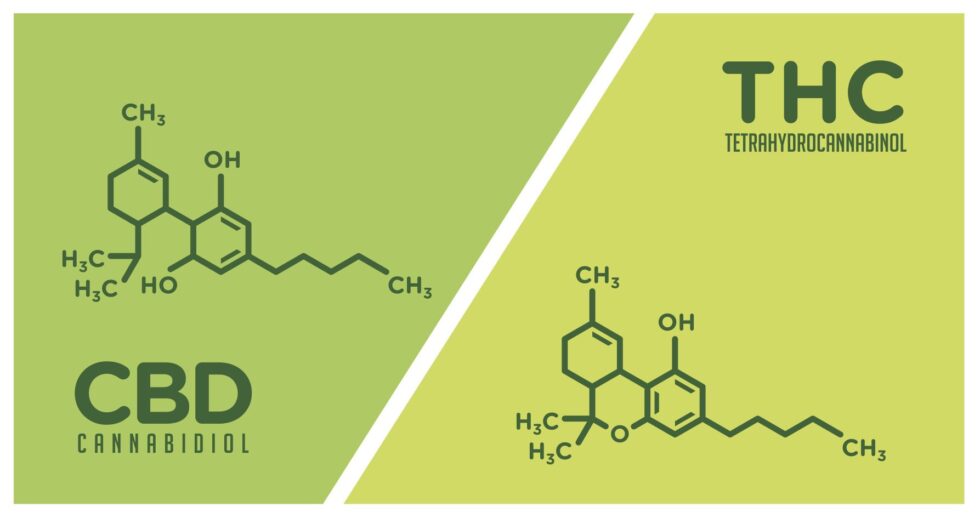THC & CBD Are Cannabinoids
Cannabinoids are a class of active compounds found in the Cannabis sativa plant. Of the over 100 cannabinoids that have been discovered, most research so far has focused mainly on studying the two main chemicals found in the cannabis plant: tetrahydrocannabinol (THC) and cannabidiol (CBD).
What is THC?
THC is the main psychoactive chemical compound in cannabis that creates “a high” for some people. It affects thinking, pleasure, concentration, coordination, memory, and time perception. Products with higher THC content tend to cause their users to experience euphoria.
THC has also shown potential in the treatment of a variety of other medical conditions, including:
Anxiety
Pain
Glaucoma
Insomnia
Muscle Spasms
What is CBD?
CBD is a non-intoxicating cannabinoid that has shown promise in a variety of medical applications, from pain relief, anxiety relief, epilepsy, and relaxation.
CBD has also shown potential in the treatment of:
Anxiety disorders
Psychosis
Depression
Inflammation
Insomnia
THC vs. CBD | Interactions with the Body
All cannabinoids interact with the two receptors in our bodies, CB1 and CB2. CB1 receptors are located throughout the body and coordinate appetite, memory, thinking, movement, pain, emotion, mood, and other functions. CB2 receptors are common in the body’s immune system and they affect inflammation and pain. THC binds to both receptors in the brain and body which enables it to produce its signature psychoactive effects.
While THC binds directly to the receptors, CBD interacts indirectly by stimulating them so that the body produces its own cannabinoids, known as endocannabinoids. Experts are still studying and there is no overall consensus on how CBD interacts with the endocannabinoid system.

